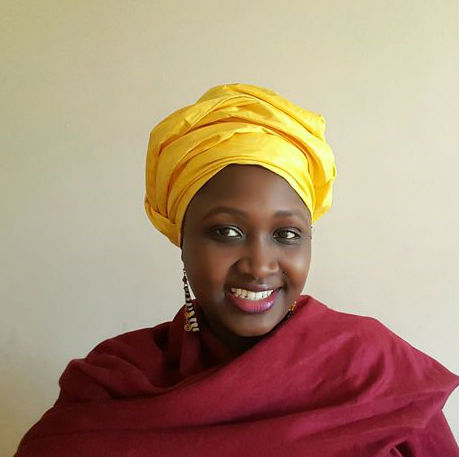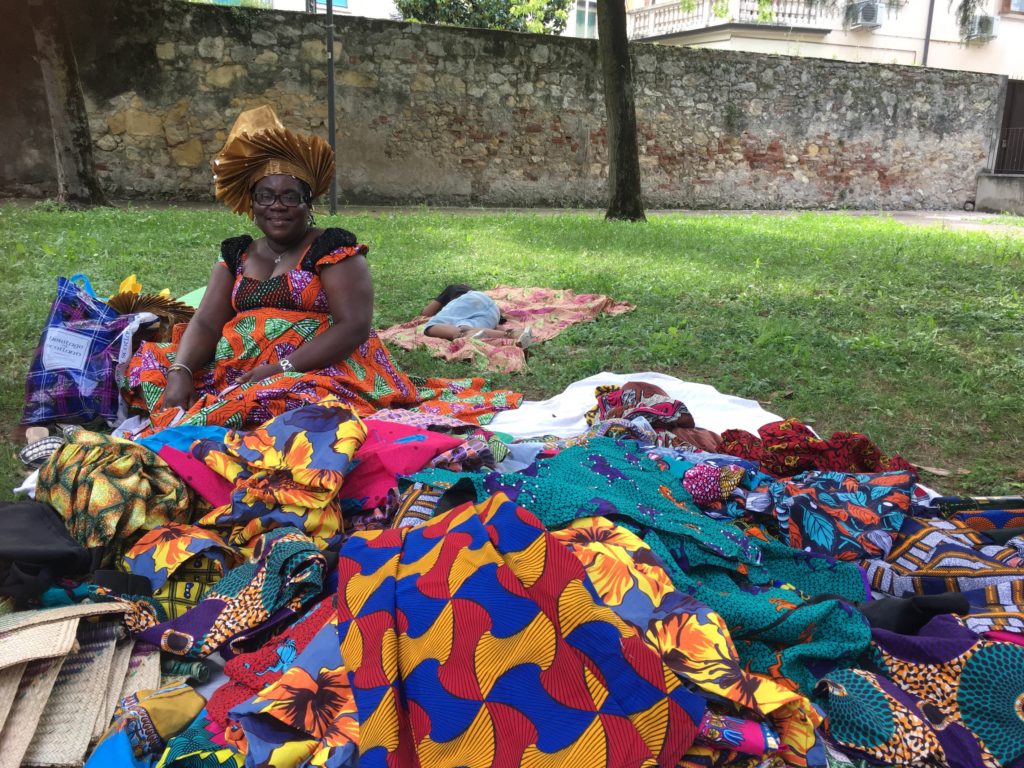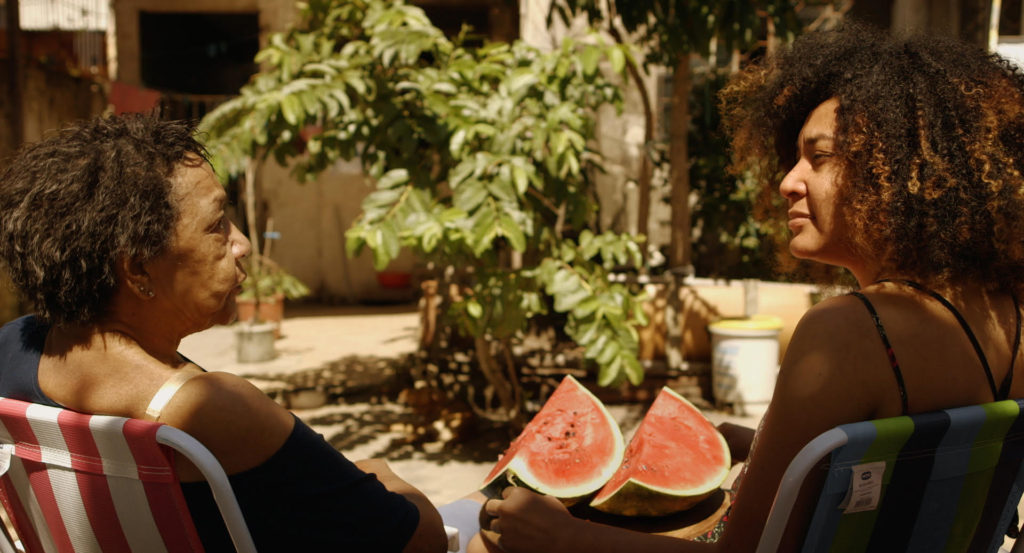Migrant Women Press invited Miura Lima, a health professional working in Scotland, and Pad Project Ambassador, to explain why period poverty is not only a problem of “developing countries” and how it disproportionately affects black women and girls around the world. Miura’s personal experience with period poverty motivated her to create the project “Mina Muala Nón” (‘Our Menstruation’) and a GoFundMe Campaign helping girls and women in Sao Tome and Principe to break the generational circle of period poverty and its associated stigma.
I would go so far as to argue that the issue of period poverty can be extended to being considered a facet of sexual health inequality.
by Miura Lima
Menstrual poverty and its associated stigma are one of the most prevalent global public health issues facing women. It also is a matter of sexual health inequality, which has been neglected by public health organisations for many years. For instance, the United Kingdom (UK) is one of the most developed countries in the world, yet about 137,000 children are forced to miss an entire day of school or are forced to use toilet paper due as a form of sanitary product as a result of their subjection to period poverty and its associated stigma. (Body Form and “Break the Barriers: Girls Experiences of Menstruation in the UK” (Plan International UK).
One of the lived experiences of this stigma around menstruation sees countless girls in the UK who are going through puberty left feeling embarrassed when going through their period and not being able to or not knowing how to start a discussion about it.
In the Global South, in Sub-Saharan Africa, 1 in 10 girls miss 20% of their school education, and in even more extreme cases, some are forced to withdraw from their schooling altogether due to this public health issue (Action Aid). Thus, we can see how period poverty is an issue which encompasses a vast geographical scope; it is not solely limited to ‘developing’ countries in the global South.
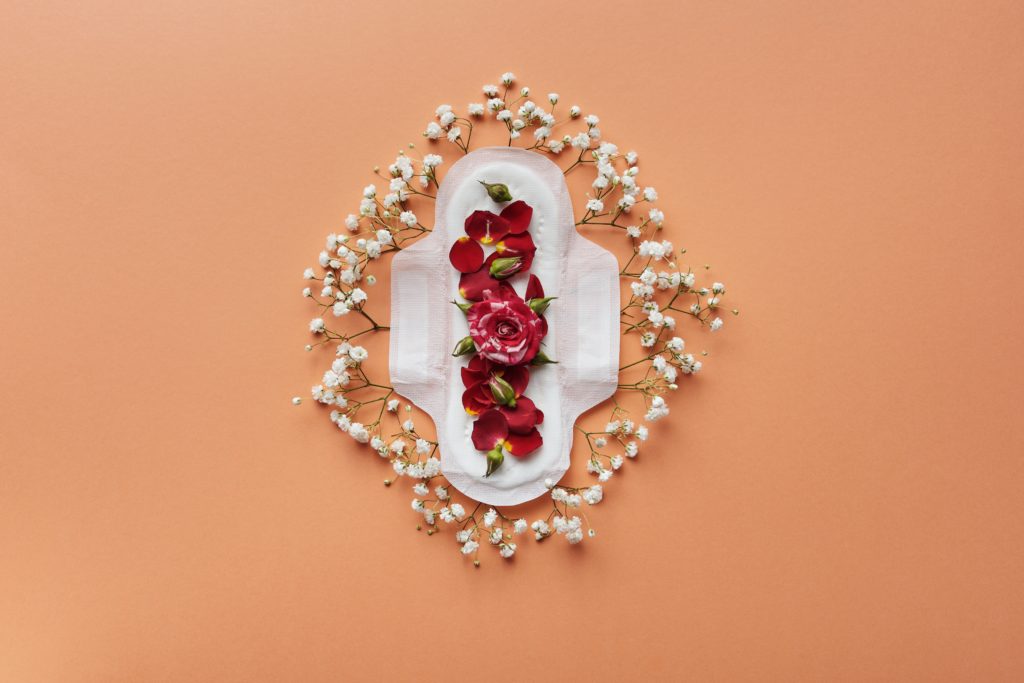
Therefore, period poverty and its associated stigma disproportionately affect black women and girls around the world. In an under-developed country such as Sao Tome and Principe, only privileged people can afford to buy a pad or tampon in a shop.
Having lived in the Sub-Saharan African country of Sao Tome and Principe, I have personally been affected by both period poverty and the stigma that is attached to menstruation. Furthermore, living with period pain in my menstrual cycle every month, which is compounded by my endometriosis struggle, meant that with very little guidance from medical specialists who are yet to fully understand this issue, I know all too well the daily struggle that period poverty can bring.
I would go so far as to argue that the issue of period poverty can be extended to being considered a facet of sexual health inequality. Therefore, period poverty and its associated stigma disproportionately affect black women and girls around the world. In an under-developed country such as Sao Tome and Principe, only privileged people can afford to buy a pad or tampon in a shop.
With all my lived experiences of period poverty/stigma and knowledge, I have found a good reason to feel empowered as a woman and to advocate to tackle period poverty and its associated stigma around the world. Having a bachelor’s degree in social policy/social work and two master’s degrees; one in Public Health and the other in African Studies, the research I conducted during my studies birthed a passion for challenging societal and health inequalities with the intention to help improve the lives of the most vulnerable women and girls who suffer as a result of period poverty and the stigma that surrounds menstruation.
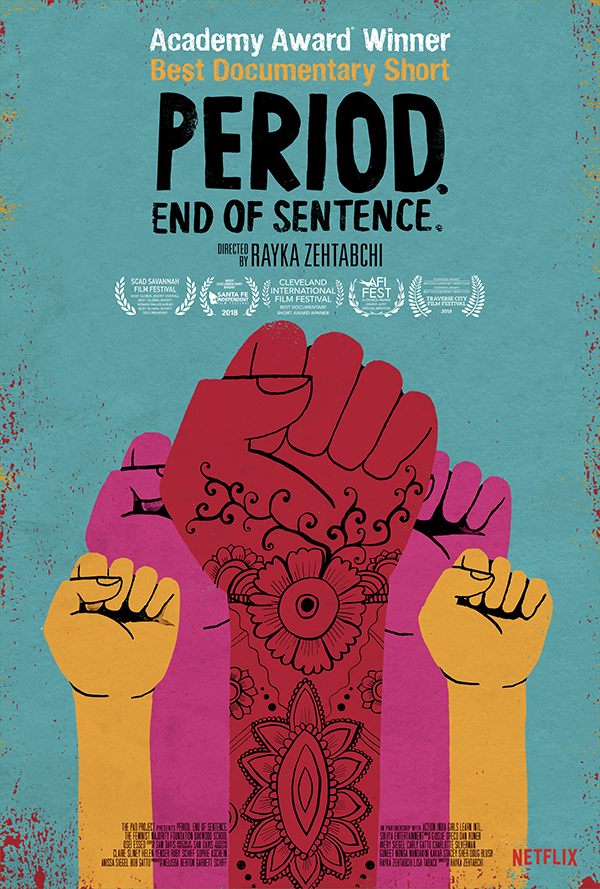
In 2019, “The Pad Project” documentary film called: “Period. End of Sentence” aired on Netflix, which after watching, left me feeling both astonished and admiring of the initiative and the whole concept of The Pad Project. From this, something awoke in the depths of my heart, and immediately after, I was overwhelmed with thoughts of how I could combine my experiences, knowledge and the skills gained during my migration life journey with this precious information.
In doing so, I reflected about the ways in which I would use this information to contribute something that would transform the life of girls and women in Sao Tome and Principe. Then, the most unexpected opportunity arose when The Pad Project created the “Ambassadors Program”. Immediately, I welcomed the opportunity to apply for the Ambassador program. After the success of my application in August 2020, I officially became a Pad Project Ambassador for Scotland and Sao Tome and Principe.
I thought to myself this is my opportunity to help other women and girls going through period poverty and its associated stigma. This is how I can help other girls and women to feel empowered, in control of their own bodies, and to have a dignified experience of menstruation, as well as being understood in relation to their endometriosis.
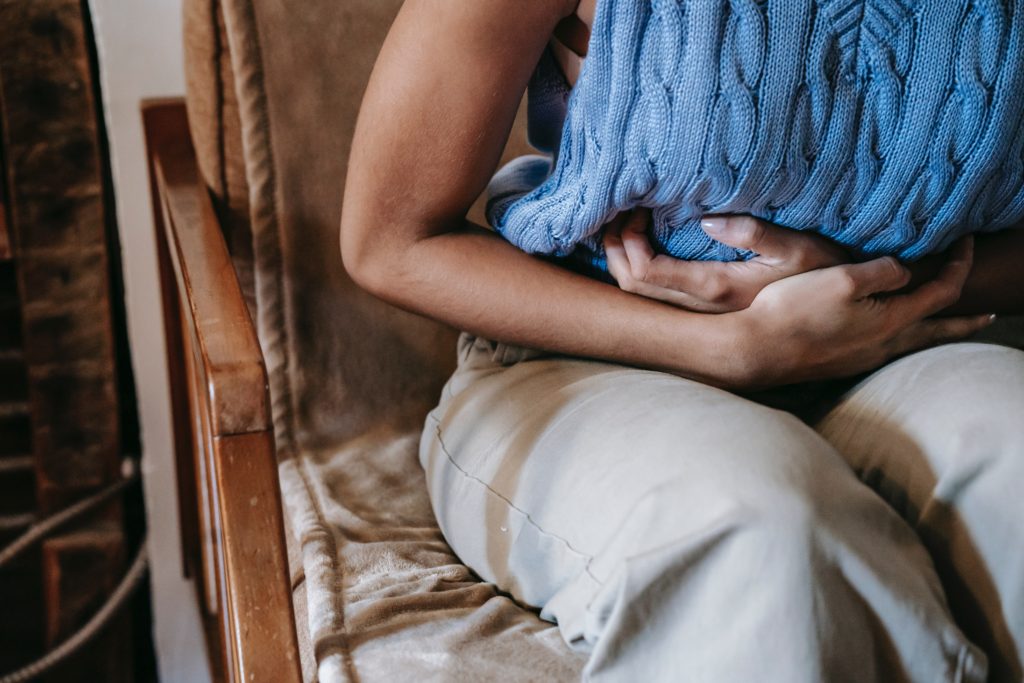
Picture by Sora Shimazaki from Pexels
In a pandemic situation, where working directly on the ground is challenging due to consecutive lockdowns, I had to reflect about how to exercise my Ambassador role to help end period poverty and its associated stigma in Sao Tome and Principe.
Since Scotland is doing very well in terms of the interventions to eradicate period poverty, my focus is on Sao Tome and Principe, because the period poverty and stigma experienced by girls and women are more complex than experiences of the issue in Scotland. But, how to go about having a direct impact in Sao Tome and Principe posed a challenge, until, almost fatefully, I became virtually connected with Vânia Beliz, a Sexologist and the director of the Adolescer project in Portugal, Sónia Pessoa, Missão Dimix Project Coordinator in Sao Tome and Principe, and my dear cousin Ana Paula Racaj, who is a Doctor and the founder of Saúde Sem Tabu (an online health and wellness platform).
I thought to myself this is my opportunity to help other women and girls going through period poverty and its associated stigma. This is how I can help other girls and women to feel empowered, in control of their own bodies, and to have a dignified experience of menstruation, as well as being understood in relation to their endometriosis.
I came across these three special people because I follow Saúde Sem Tabuon Facebook. On this fortunate occasion, I watched a live on Facebook related to teenage pregnancy and menstruation where Vânia Beliz and Ana Paula Racaj were talking about their work. At the very end of this live, Vânia Beliz talked about washable pads, and about an organisation called Missão Dimix that is training and helping poor girls to make their own reusable pads in Sao Tome and Principe.
I immediately took note of the name of this organisation and the name of Vânia Beliz to later search for them on social media. Then, after sourcing them on the Instagram platform, almost instinctively I was guided to compose and send an email to Missão Dimix asking for a partnership, whereby I could contribute with my skills, knowledge and experiences as a Pad Project Ambassador to help girls in Sao Tome and Principe.
Missão Dimix promptly responded to my email and immediately after, the connection was pure and fond. We had a first meeting that left me feeling very impressed and excited. Then, we decided to invite Vânia Beliz (Project Adolescer) and Ana Paula Racaj (Saúde Sem Tabu) to join us. Within a few meetings, the connection couldn’t have been any better.
It was as if the universe was waiting for the right opportunity to connect the 4 of us. Then, we created this project to end period poverty and its associated stigma in Sao Tome and Principe, which I gave the name of “Mina Muala Nón”. Translated to English from Sao Tome and Principe’s crioule it means “Our Menstruation”.
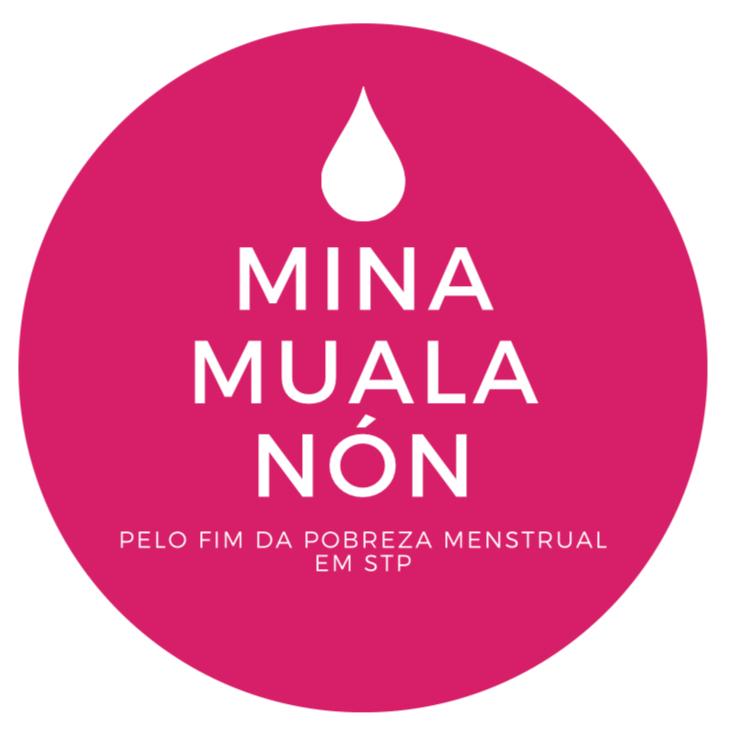
The funds raised will also help us to implement a local and structured hub to produce reusable pads, and to give menstrual and sexual education to girls.
Thus, because all of the organisations involved have a charitable nature and I am a migrant woman in the UK, working in 2 different professions (Research Assistant/Community Engagement and Support Worker) to support myself, and do not have many connections, experiences or knowledge of applying for grants related to international projects, I have to depend on the goodness and willingness of ordinary people to help “Mina Muala Nón” develop further.
It is for this reason that, I have decided to create and launch this “Go Fund Me” campaign to help raise funds to support this project that will work with Missão Dimix in Sao Tome and Principe to end period poverty, its associated stigma, to promote environmentally friendly menstruation and dignified menstruation for girls and women.
The funds raised will help us to buy more pad maker machines, train more girls, and employ more girls to produce their own washable pads, as well as give them an opportunity to earn an income. The funds raised will also help us to implement a local and structured hub to produce reusable pads, and to give menstrual and sexual education to girls. This will help empower the girls and women and give them more knowledge to have ownership over their own bodies. It will break the generational cycle of period poverty and its associated stigma through education for health.

Picture by @thaislyrafotografia from nappy.co
The chance to break this generational cycle of period poverty and stigma around the world has never been closer. Imagine a world that helps to alleviate the physical, mental, and financial strain facing women, girls and people who share the universal experience of menstruation.
As I have always emphasised in live interviews I have participated in, on Facebook live with Saúde Sem Tabu about “Menstruation without Tabu”, if we women do not tackle our own issues, no one will do it for us. ‘nothing for us without us.’
My utmost desire is for a world and a Sao Tome and Principe free from period poverty and its associated stigma.
My utmost desire is for a world and a Sao Tome and Principe free from period poverty and its associated stigma.
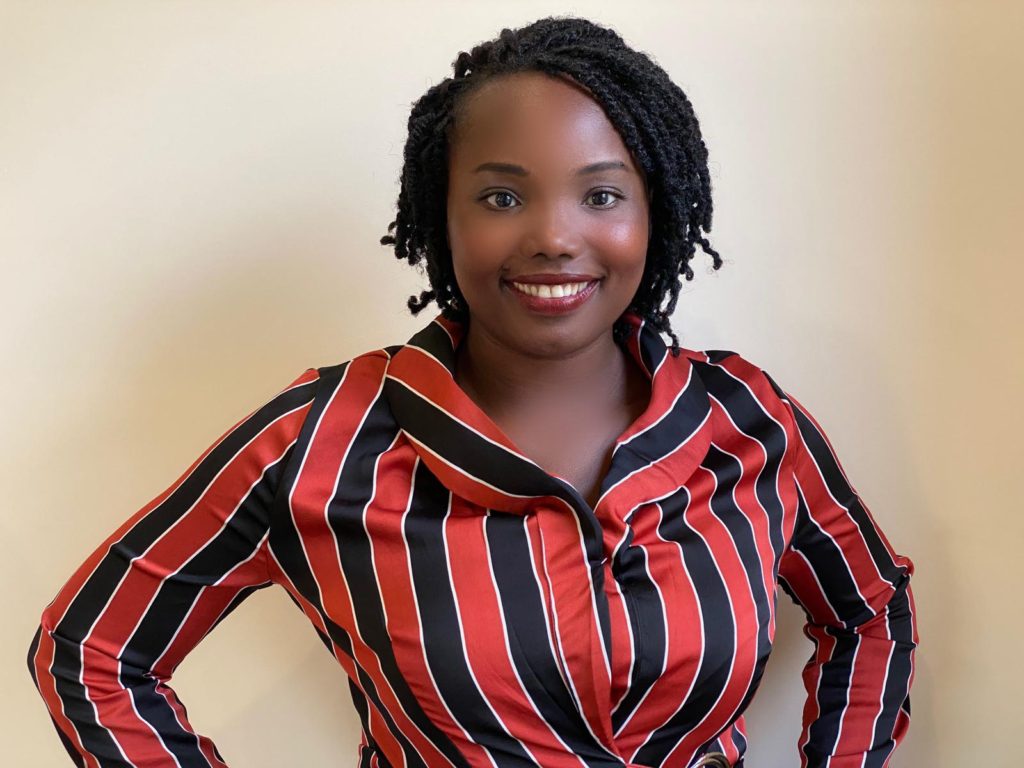
Miura Lima is a Pad Project Ambassador for Scotland and Sao Tome and Principe and advocates for an equal society, free from racism and health inequality. She is from Sao Tome Principe and lives in Scotland. In Scotland/UK, she works as a Research Assistant/Community Engagement for Waverley Care and Support Worker for Living Ambitions. Miura has a bachelor’s degree in Social Policy and two master’s degrees: one in African Studies and another in Public Health. At this moment, her challenge is to help eradicate period poverty and its associated stigma and advocate for a society free from racism.
- Feeling inspired to discover the ways in which you can personally contribute to helping end period poverty? Please check out the link below to the Go Fund Me Campaign created specifically for this campaign and, if possible, please donate to help us reach our target: https://www.gofundme.com/f/help-end-period-poverty-in-sao-tome-and-principe?utm_medium=email&utm_source=product&utm_campaign=p_email%2Bhtml_summary_donations
- Want to know more about the Pad Project in general? get involved, donate and watch the Film that won the 91st Academy Award, please visit this website: https://thepadproject.org/
- And, if you would like to know more about Missão Dimix and donate directly to them please visit this page: https://missaodimix.org/

